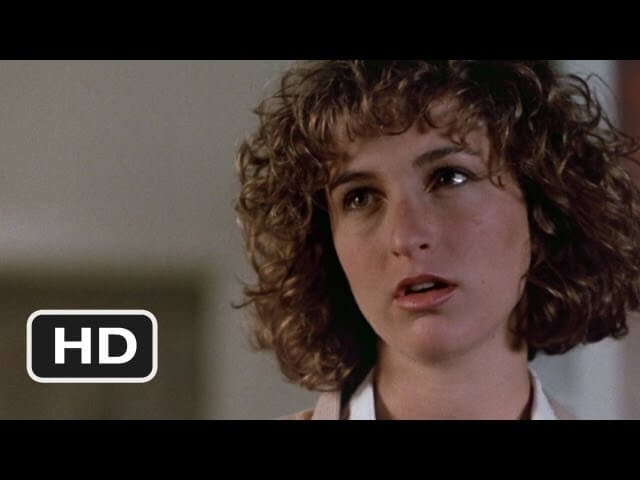Read This: In defense of Jeanie, Ferris Bueller’s spiteful sister

Is John Hughes’ Ferris Bueller’s Day Off, a comedy rapidly approaching its 30th anniversary, really a story about white male privilege? It must have seemed that way to the title character’s frustrated sister, Jeanie, played by a pre-Dirty Dancing Jennifer Grey. For most of the movie, Jeanie is treated as a secondary antagonist, a spiteful spoilsport trying to prevent Ferris from having a little fun. But an insightful new essay by Uproxx’s Jen Chaney portrays Jeanie in a more sympathetic light. Ferris’ sister has plenty of legitimate complaints, Chaney says. She’s the only one in her world, other than the villainous Mr. Rooney, who is able to see through Ferris’ many blatant lies. He’s conning the adults around him, and no one seems to notice this except Jeanie. Meanwhile, as Mr. and Mrs. Bueller dote on their deceitful son, they all but neglect their daughter entirely (give or take gifting her with a car). Chaney points out that, in this respect, Jeanie has a lot in common with other forgotten kids in John Hughes’ movies, including Samantha Baker (Molly Ringwald) in Sixteen Candles and Allison (Ally Sheedy) in The Breakfast Club, as well as Ferris Bueller’s own Cameron Frye (Alan Ruck).
One of the most interesting passages in Chaney’s article deals with the “troubling” scene in which Jeanie winds up at a police station and learns a life lesson from a drugged-out Charlie Sheen. Sheen tells Jeanie that “the problem is you” and that she should worry less about Ferris and more about herself. In a way, says Chaney, Sheen’s diagnosis is accurate: Jeanie does let her Ferris-based rage consume her in an unhealthy way. But, in a more general sense, it’s an unfair judgment. The problem really isn’t Jeanie. The problem is a society that lets Ferris get away with whatever he wants.